A Guide to Conventional, FHA, and VA Loans
As you embark on the journey of homeownership, understanding the different mortgage options available to you is essential. In this comprehensive guide, we compare and contrast three popular loan types: conventional loans, FHA loans, and VA loans. By delving into the details of each option, we aim to provide you with the information needed to make an informed decision when it comes to financing your dream home.
Conventional Loans:
Conventional loans are mortgage loans offered by private lenders, not backed by any government agency. Here are some key features:
Down Payment: Conventional loans typically require a higher down payment, often ranging from 5% to 20% of the home's purchase price. A larger down payment may result in a more favorable interest rate and eliminate the need for mortgage insurance.
Credit Requirements: Lenders generally have stricter credit score requirements for conventional loans. A good credit score, typically above 620, is necessary to qualify for competitive interest rates.
Mortgage Insurance: If the down payment is less than 20%, private mortgage insurance (PMI) is usually required. PMI protects the lender in case of default and adds an additional cost to the monthly mortgage payment.
FHA Loans:
FHA loans are insured by the Federal Housing Administration and are a popular choice for first-time home buyers. Here's what you need to know:
Down Payment: FHA loans have more lenient down payment requirements, often as low as 3.5% of the purchase price. This lower barrier to entry makes homeownership more accessible for buyers with limited funds for a down payment.
Credit Requirements: FHA loans are more forgiving when it comes to credit scores. Borrowers with a credit score as low as 580 may qualify, although a higher score can help secure more favorable terms.
Mortgage Insurance: FHA loans require both an upfront mortgage insurance premium (MIP) and an annual MIP, which protects the lender in case of default. This additional cost is factored into the monthly mortgage payment.
VA Loans:
VA loans are specifically designed for eligible veterans, active-duty service members, and their surviving spouses. Here's an overview:
Down Payment: VA loans offer the benefit of no down payment requirement, making homeownership more attainable for qualified borrowers. This is a significant advantage for those who may not have substantial savings for a down payment.
Credit Requirements: While VA loans don't have strict credit score requirements, lenders may consider the applicant's creditworthiness in the underwriting process. A higher credit score can lead to more favorable loan terms.
Funding Fee: VA loans require a funding fee, which helps sustain the VA loan program. The fee varies based on factors such as military service category, down payment amount, and whether it's the borrower's first VA loan. However, the funding fee can be financed into the loan amount.
Additional Benefits: VA loans often offer more flexible qualification guidelines and may provide support in negotiating with sellers when it comes to certain closing costs. Additionally, they do not require private mortgage insurance.
Understanding the differences between conventional, FHA, and VA loans is crucial for soon-to-be home buyers seeking financing options. Conventional loans offer flexibility but require higher down payments and potentially private mortgage insurance. FHA loans provide a more accessible path to homeownership with lower down payment requirements and more forgiving credit criteria. VA loans offer unique benefits for eligible veterans and service members, including no down payment requirement and more flexible qualification guidelines.
When considering mortgage options, it's essential to assess your financial situation, long-term goals, and eligibility for each loan type. Factors such as credit score, available down payment, and specific needs can influence your decision. Consulting with a reputable mortgage broker can help you navigate the complexities of the home loan process and guide you toward the most suitable option.
Remember, every homebuyer's situation is unique, and what works for one person may not be the best fit for another. Carefully evaluate your financial capabilities, research the options available to you, and seek expert advice to make an informed decision.
At Blue Pebble Homes & Loans, we understand that securing the right loan is crucial to your homeownership journey. Our team of experienced mortgage professionals is here to assist you in exploring your options, answering your questions, and guiding you through the mortgage process from start to finish.
Contact us today to schedule a consultation or CLICK HERE to start a loan application and take the first step toward turning your homeownership dreams into reality.
